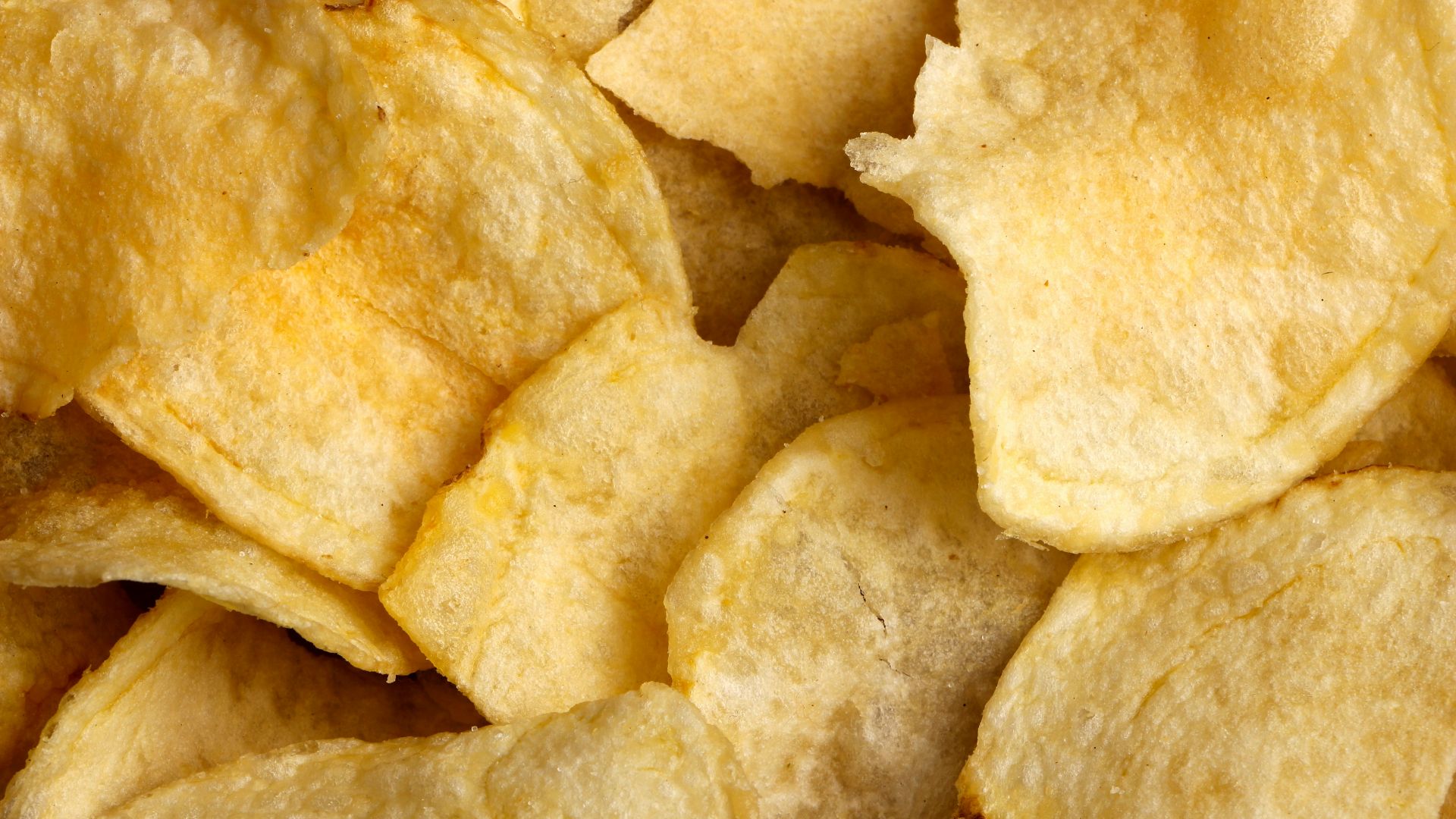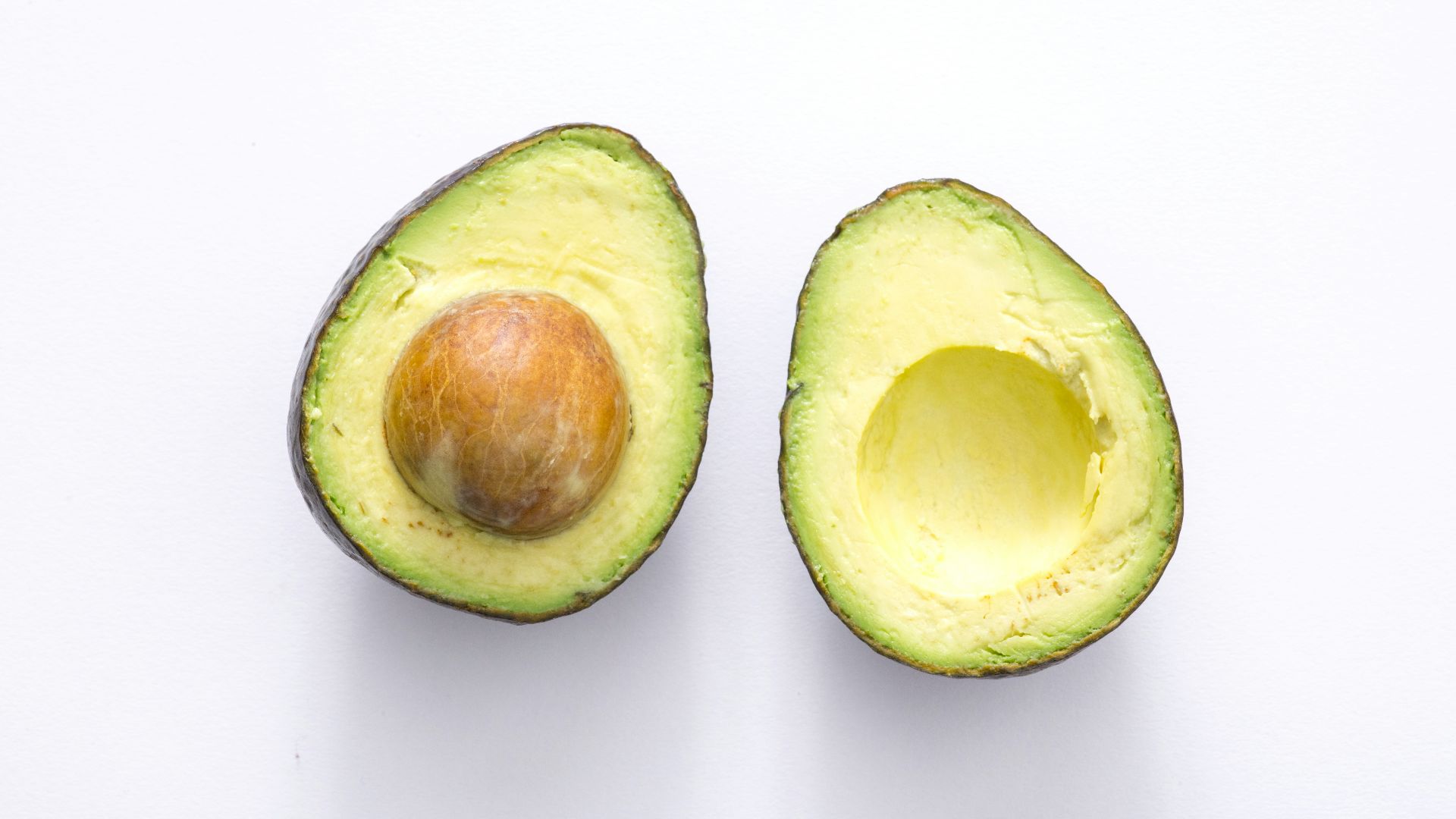Bad Metabolism? Here's How to Rev It Back Up
You know that it's better to have a fast metabolism, but what does this really mean, and are your habits helping or harming you? Put simply, metabolism is the rate at which your body converts nutrients into fuel and energy. But many factors can influence this process, and what you might—or might not be—doing could be slowing it down. Wondering how to rev it back up? Here are 10 mistakes that slow down your metabolism—and 10 ways to boost it.
1. Eating Too Few Calories
While you may think eating fewer calories will always equate to weight loss, skipping meals or significantly reducing the amount of food you eat in a day can actually be more harmful than helpful. Instead, if your body senses your intake is too low, it'll reduce the rate at which it burns calories.
2. Leading a Sedentary Lifestyle
Do you work remote or rarely get active? Leading a sedentary lifestyle can also significantly slow down your metabolism and the rate your body burns off calories. If you combine this with severe under or overeating, it may even lead to weight gain.
 LinkedIn Sales Solutions on Unsplash
LinkedIn Sales Solutions on Unsplash
3. Lack of Sleep
Not getting enough shut-eye can not only slow your metabolic rate, it can also increase your risk of heart disease, diabetes, and depression. Additionally, sleeping during the day disrupts your body's natural circadian rhythm, which can further exacerbate the problem.
4. Not Drinking Enough Water
Even being mildly dehydrated can affect your metabolism negatively, slowing it down by 3%. That may not sound like much, but considering many may not be aware if they're not getting fluids, this can worsen throughout the day and affect proper functioning of the body.
5. Too Little Protein in Diet
Not only does protein keep you full for longer, it's also known to boost metabolism and affect weight-regulating hormones, helping you to burn more fat. Plus, it has a high thermic effect, meaning your body needs to use more energy to digest and break it down compared to carbohydrates or fats.
 José Ignacio Pompé on Unsplash
José Ignacio Pompé on Unsplash
6. Consuming Too Much Sugar
Drinking and eating too many sugary snacks and beverages can not only lead to insulin resistance—thus increasing your risk of diabetes—but can also slow down your metabolism. It may also cause excess weight to build up around the abdomen and belly.
7. Not Managing Stress
Even not managing your stress can be detrimental. High cortisol levels can slow your metabolic rate, and not taking care of your mental health can lead to disordered eating. You may crave junk food, eat at irregular times, or even skip meals entirely.
8. Having One Alcoholic Drink Too Many
Even just having one alcoholic drink can significantly slow down the rate at which your body burns fat; your liver, in particular, prioritizes metabolizing the cocktail you had over everything else. Over time, this may lead to weight gain, poor sleep, and unhealthy dietary choices.
9. Only Doing Cardio Workouts
Though cardio is great for heart health, if you don't incorporate enough strength training in your routine, you risk slowing down your metabolism. Having higher muscle mass boosts the amount of calories your body burns at rest, so it's best to incorporate both cardio and resistance training to keep your metabolism up.
10. Not Consuming Caffeine
Caffeine can also play a role in how your body burns fat. In fact, this stimulant can rev up your metabolism by 5-8%. A single cup of tea can raise it by 12%. Plus, the antioxidants in certain varieties, such as green tea, can help your body in other ways as well, like lowering your risk of heart disease or stroke.
But what are some other ways you can boost your metabolism? Let's explore 10.
1. Eat at Regular Intervals
Instead of eating at different times every day or skipping meals entirely, try to eat at the same hour every day. This may reduce your tendency to indulge in late-night cravings or make poor dietary choices. It's also important to eat enough calories.
2. Lift Weights
As mentioned, increasing strength and resistance training will help you build muscle mass, which will then increase the rate at which your body burns calories. Try to vary your workouts instead of sticking to the same routine every time.
3. Eat a Protein-Rich Diet
No matter what diet you're on, you've likely heard the same advice everywhere: eat more protein. But this isn't just because it keeps you full for longer, but because protein has a high thermic effect. In fact, it causes the largest spike in this effect, meaning your body uses more energy—and burns more calories—breaking down protein than anything else.
4. Try High-Intensity Interval Training (HIIT)
If you workout regularly, you may want to try HIIT, which can kickstart your body to burn fat, build muscle, and speed up metabolism. But given the intensity of this type of training, it may not be suitable for everybody, such as beginners or the elderly.
5. Eat Spicy Foods
Interestingly enough, it's not just protein that can rev up your metabolism. Research suggests that spicy foods, such as chilis and peppers that contain capsaicin—may boost your metabolic rate. However, this rate is temporary and subtle, so unless you're a spice lover, don't strain yourself.
6. Avoid Ultra-Processed Foods
Ultra-processed foods, like chips, candies, ready-made meals, and sodas, contain high amounts of sugar, fat, artificial colorants, and additives that can greatly increase your risk of obesity. And because these types of snacks are easier to digest, your body won't need to work as hard.
7. Stand Up More
Whenever you can, stand up more. If you work remotely or spend most of the day sitting, try to alternate between both actions, which can help lower your insulin resistance and systolic blood pressure. To rev your metabolism back up, take frequent breaks and go for a walk, or invest in a standing desk.
8. Get Enough Sleep Every Day
If you're regularly sleep-deprived, you could be slowing your metabolic rate significantly. It's important to get at least six to eight hours of rest a night so that your body can reset and feel refreshed. It'll also give you enough energy to take on the day.
9. Reduce Stress
Managing stress isn't only crucial for maintaining good mental health, but your overall health. While cortisol—the so-called "stress hormone"—can help regulate your metabolism, it can have a negative effect at too-high levels. Plus, if you're experiencing burnout and not addressing the issue, you may start to engage in unhealthy behaviors.
10. Include Healthy Fats in Your Diet
Another easy way to boost your metabolism is to incorporate more healthy fats into your diet. Foods such as avocados, nuts, and fish can help rev up your metabolic rate and allow your body to burn more calories. Even better—pair these fats with protein-rich choices!
KEEP ON READING

Road Trip Through America's Coolest Ghost Towns

40 Cars Jay Leno Could Drop From His Collection
























